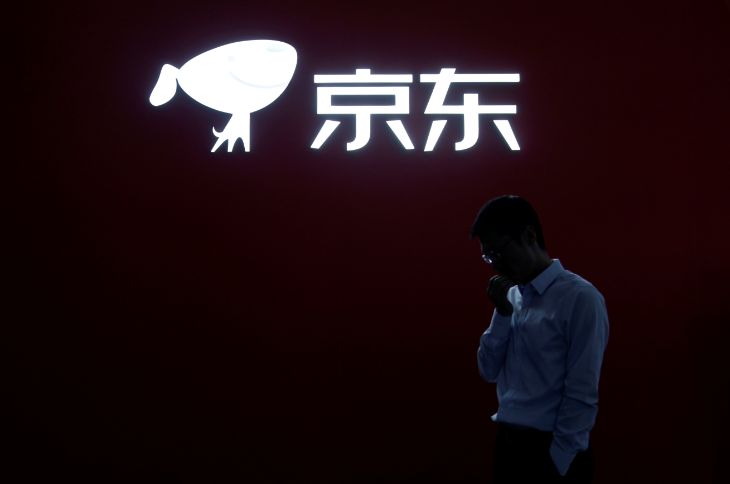The top e-commerce platforms in the mainland including Alibaba and JD.com were asked to stop monopolistic practices as the industry friction intensifies ahead of the Singles Day shopping event on Nov. 11.
China's State Administration for Market Regulation (SAMR) called more than 20 platforms to a meeting and urged them to specifically stop the practice known as "choosing one from two" wherein merchants get asked to sign exclusive cooperation agreements preventing them from selling products on rival platforms.
Regulators called the meeting as Alibaba's Tmall marketplace got accused by a number of competitors and merchants from adopting this practice that violates the anti-monopoly and e-commerce laws.
Competition for shoppers among China's e-commerce platform has been brewing as the world's second-largest economy got affected by the slowdown brought about by the US China trade issues.
Likewise, Singles Day, China's biggest shopping event of the year, is a very competitive event.
Alibaba Group, Tencent and JD.com dominate the rapidly growing e-commerce ecosystem in China.
What makes the competition more tough is Chinese consumers are great in using their mobiles that even the older generations can order and purchase online to online (O2O) services.
The rapid development of e-commerce, combined with an already large and still-growing digital consumer base helped grow China's e-commerce industry domestically and abroad.
Xinhua said that the SAMR's relevant person in-charge pointed out that lately, there have been some problems from activities among network operators.
Notable event resulting from this monopolistic practice of having merchants sign exclusive cooperation agreement is when two units of JD.com filed a lawsuit in the Beijing high court against Alibaba's Tmall for abusing its market dominance.
JD.com demanded that Alibaba pay the company compensation of more than 1 billion yuan ($142 million), stop the monopolistic practice and apologize.
An Alibaba executive said that the agreements are part of "normal market behavior."
Likewise, two Chinese e-commerce platforms: Pinduoduo and Vipshop Holdings applied to the Beijing court to join JD.com's case according to The Paper.
JD.comm in a written statement to Reuters, said that they believe strongly in open, fair and legal competition, but not everyone in the industry agrees.
The written statement added that JD.com believes that brands and consumers should be able to sell and shop where they want.
Vipshop and Pinduoduo didn't comment on whether they had applied to join JD.com's lawsuit.
However, Pinduoduo said that the e-commerce law has made it clear that monopolistic practices are illegal.
China's market watchdog will continue to monitor the formation of any digital monopolies and will do antitrust probes to make sure there's a level playing field for e-commerce firms.





